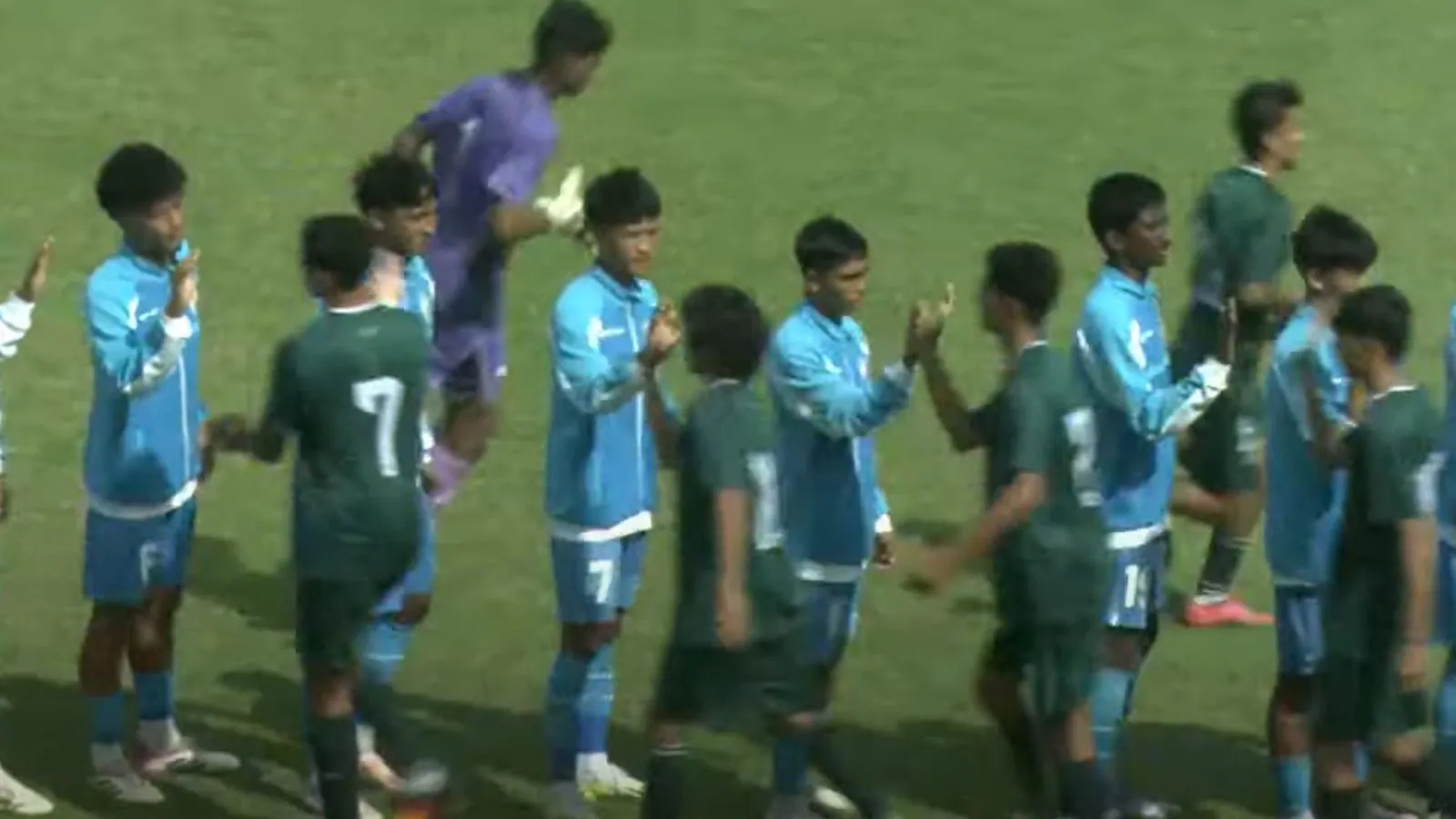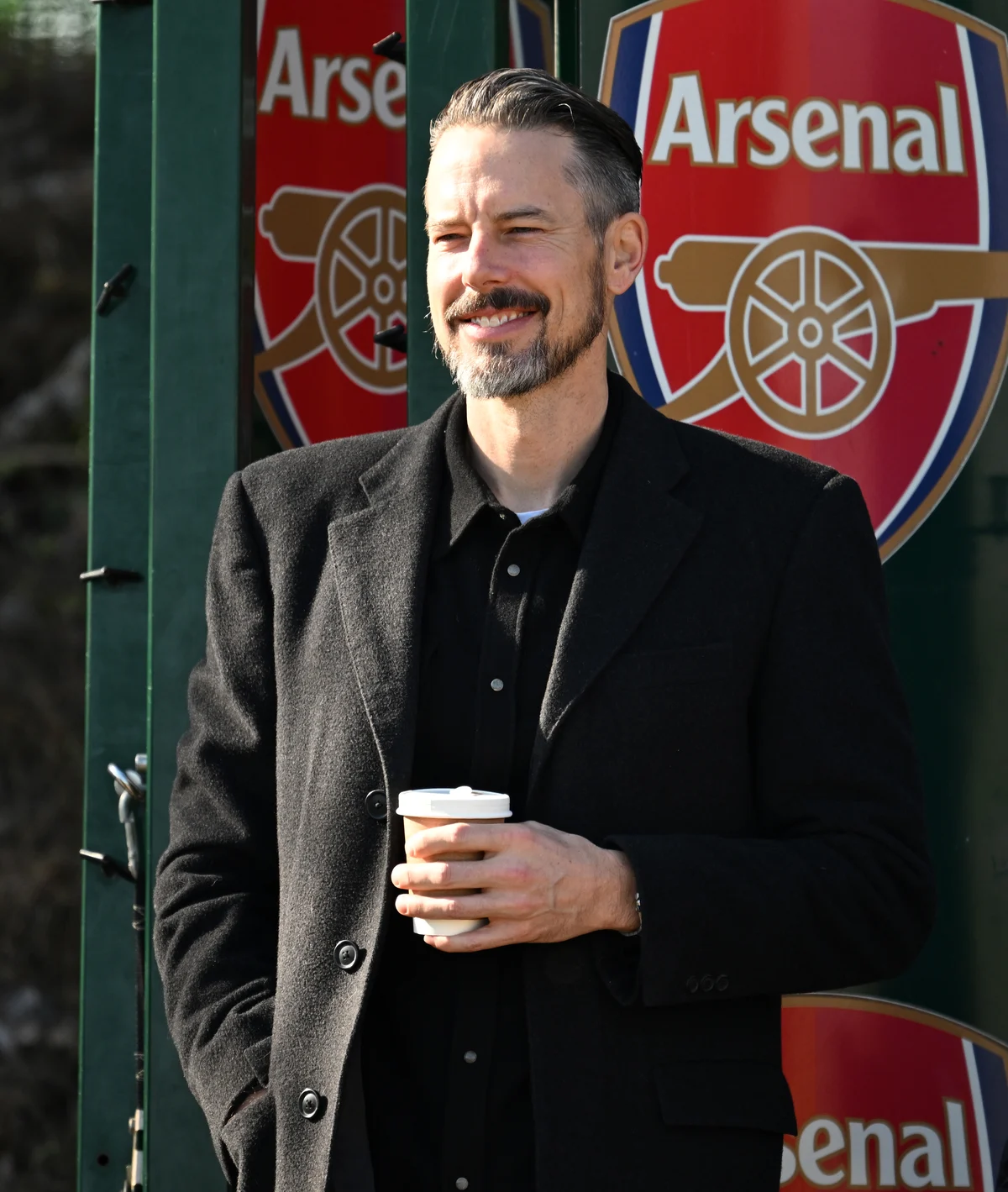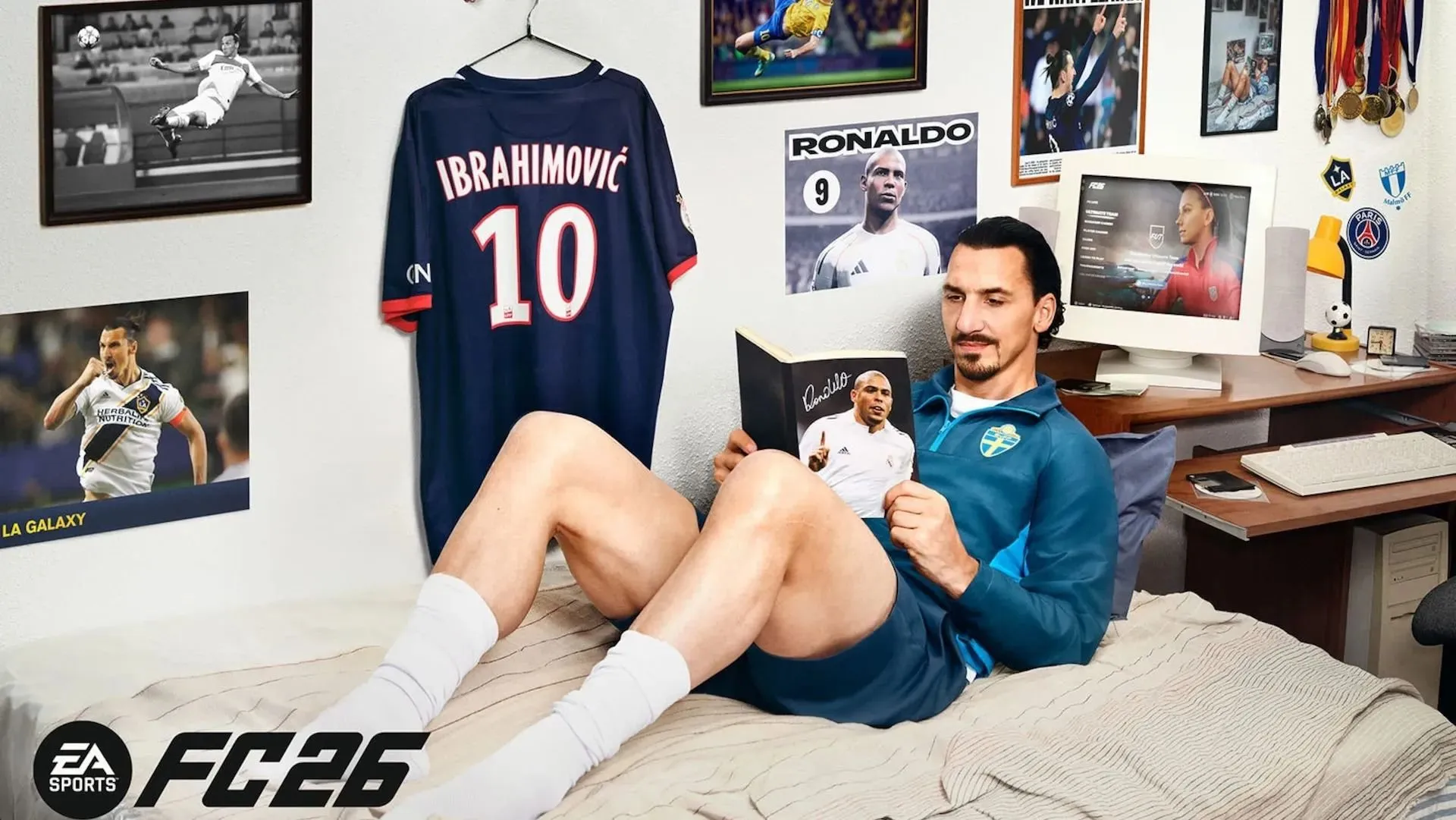
A state Supreme Court ruling tossing out a Pennsylvania city’s so-called “jock tax” on professional athletes and entertainers could cost it millions in lost revenue.
Pittsburgh’s nonresident sports facility 3% usage fee violated the state constitution’s “uniformity clause” that requires taxpayers be treated equally, determined Justice David Wecht.
The suit was brought by several individual major league players, including former Pittsburgh Penguin Scott Wilson, and the NHL, MLB and NFL player associations.
The city taxes residents 1% and the other 2% is levied by the school district, which, according to National Public Radio affiliate WESA-FM in Pittsburgh, is not allowed to tax nonresidents.
Timothy Noonan, a partner in law firm Hodgson Russ in Buffalo, N.Y., told PennLive that the ruling only applies to Pittsburgh.
Philadelphia also has a “jock tax” but he said it does not include the “disparate treatment” that Pittsburgh’s did.
“The court struck it down because taxpayers from outside the city would pay more tax under the law than taxpayers who lived in the city,” said Noonan. “That type of disparate treatment is typically not allowed in the state and local tax world.”
Rachael Heisler, Pittsburgh’s city controller and a Cumberland County native, said in a statement that the 2005 tax has generated more than $79 million for the city, which had expected to collect $6.1 million this year, $3.2 million next year and budgeted for $16.8 million from 2026 to 2030.
“While this represents a minimal dent in annual revenue, the savings will need to come from somewhere,” she said. “Right now, the most concerning option is pulling from the rapidly shrinking fund balance.”
Pittsburgh will immediately stop collecting the 3% tax, Heisler said. Instead, nonresident athletes and entertainers will pay the same 1% income tax as residents.
Heisler said this will only recoup a third of the revenue the city was relying on.
“In the longer term, this ruling highlights the urgent need for the city to find new sources of revenue, including growing our local economy,” she said, adding that there should be an “urgent focus” on getting the city’s many non-profits, such as the UPMC, to make voluntary payments to the city.
Pittsburgh Deputy Mayor Jake Pawlak told WESA that Mayor Ed Gainey’s administration was disappointed in the ruling.
“ We felt and continue to feel, frankly, that it is a constitutional method of generating revenue from these large-scale events,” he said. “ We knew that this ruling was possible at any time, and that it could go either way.”
Plaintiffs in the case also can file for reimbursements for the money they have paid to Pittsburgh so that could also bring more financial uncertainty to the city in the future if it is required to repay millions of dollars.



